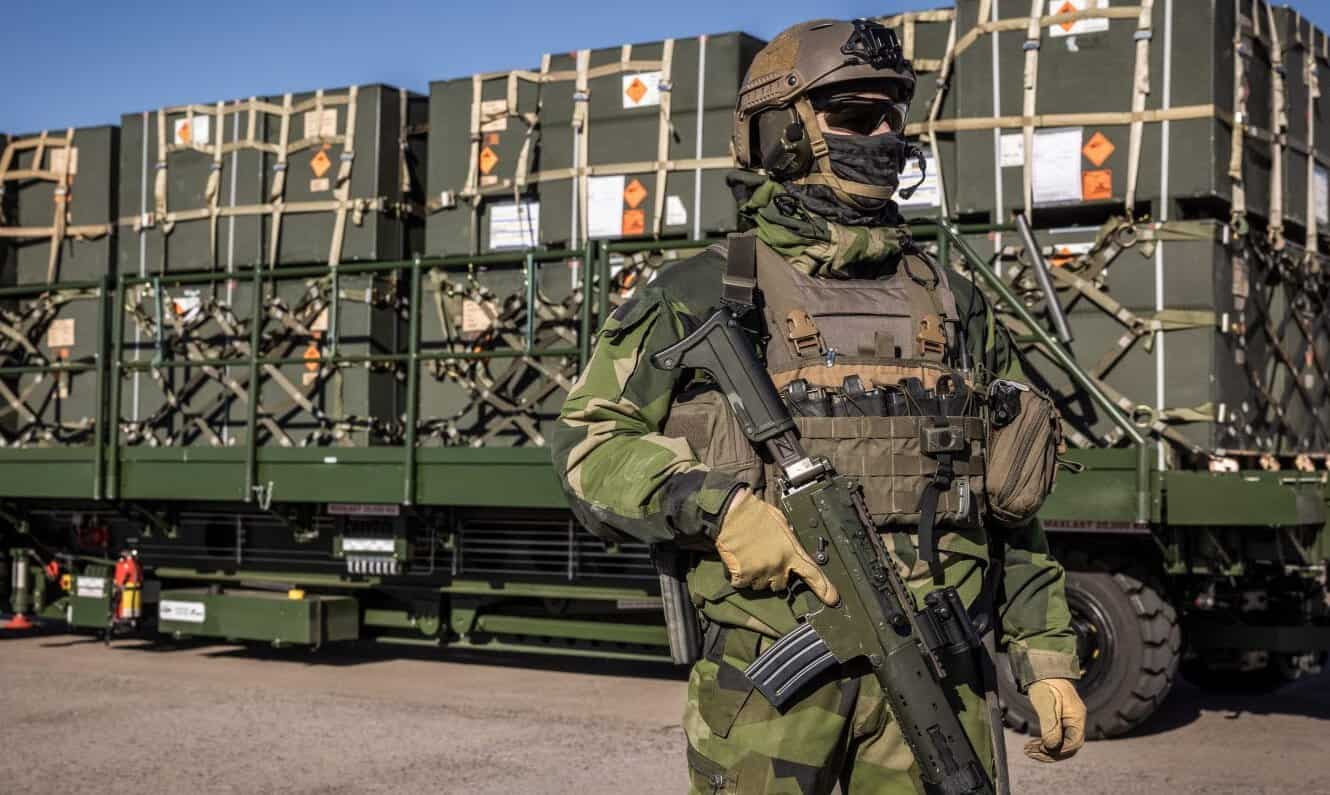
Termination of military aid to Ukraine will cost the German economy “much more than its continuation.”
The analysis of the Kiel Institute for the World Economy stated this.
According to this analysis, contrary to populist statements, Germany’s total military assistance to Ukraine since 2022 is small from a macroeconomic point of view, amounting to €10.6 billion. This corresponds to an average of about €4 billion per year, or about 0.1 percent of Germany’s gross domestic product (GDP). If bilateral humanitarian aid is taken into account, this amount will increase to 0.14 % of GDP.
For comparison, during the First Gulf War in 1991, Germany allocated six times more to support the war. Namely, 0.6% of GDP or about 4% of the total federal budget.
At the same time, several European countries, such as Denmark (0.65%), Estonia (0.57%), and Latvia (0.43%), spent a much larger share of their economic output on military assistance for Ukraine. Germany is currently ranked 16th in the Institute for the World Economy’s Ukraine Support Index.

Even if other forms of bilateral aid to Ukraine, such as humanitarian and financial contributions, are taken into account, in addition to military support. Germany’s total bilateral aid as a percentage of GDP over the same period (0.14%) lags behind countries such as Canada (0.15%), the United Kingdom (0.17%), and Poland (0.24%).
Instead, Russia’s victory in its aggressive war against Ukraine will lead to a significant increase in Germany’s costs. First of all, due to increased defense spending, an additional influx of refugees, as well as a loss of trade with Ukraine and investment, the report notes.
According to the authors, under this scenario, Germany’s annual additional costs would be between 1 and 2 % of GDP, which is about 10 to 20 times more than the current military assistance for Kyiv.
The main reasons for the high costs in the event of assistance termination will be:
In addition, analysts predict indirect costs due to the loss of Western deterrence. This will make future conflicts in the world more likely. This will lead to significant costs in the form of losses in trade and economic growth.
According to scholars, the application of game theory to the conflict in Ukraine shows that the path to peace lies through credible deterrence. The incentive for Russia to seriously engage in meaningful peace talks will come when it becomes clear that the goal of military victory is both expensive and unattainable.
However, this deterrence can only be achieved if Ukraine receives reliable and sustained support from Western democracies. This will ensure that the cost of continued aggression will increase over time. Such support should be provided primarily in the form of military assistance, but could also be backed by tougher and more comprehensive economic sanctions.
The authors of the study conclude that the economic and geopolitical instability that would result from a Russian victory would cause much greater damage to the German economy and society than the current support for Ukraine.
At the end of September, the German government increased the amount of planned military aid to Ukraine in 2024 by about €400 million.
Підтримати нас можна через:
Приват: 5169 3351 0164 7408 PayPal - [email protected] Стати нашим патроном за лінком ⬇
Subscribe to our newsletter
or on ours Telegram
Thank you!!
You are subscribed to our newsletter